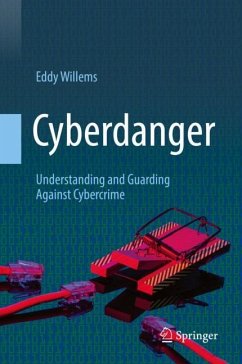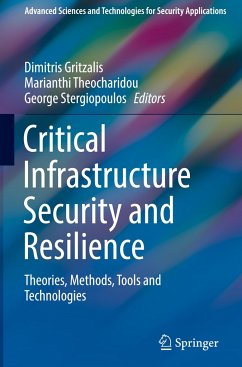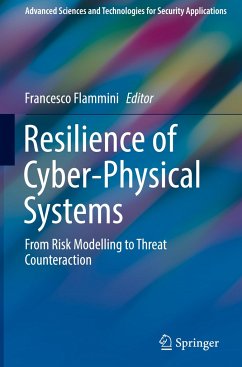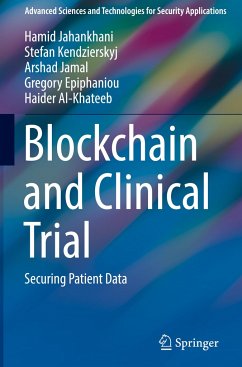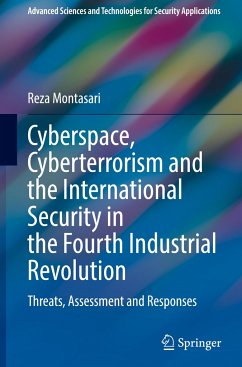
Cyber-Physical Systems Security

PAYBACK Punkte
53 °P sammeln!
The chapters in this book present the work of researchers, scientists, engineers, and teachers engaged with developing unified foundations, principles, and technologies for cyber-physical security. They adopt a multidisciplinary approach to solving related problems in next-generation systems, representing views from academia, government bodies, and industrial partners, and their contributions discuss current work on modeling, analyzing, and understanding cyber-physical systems.



